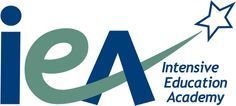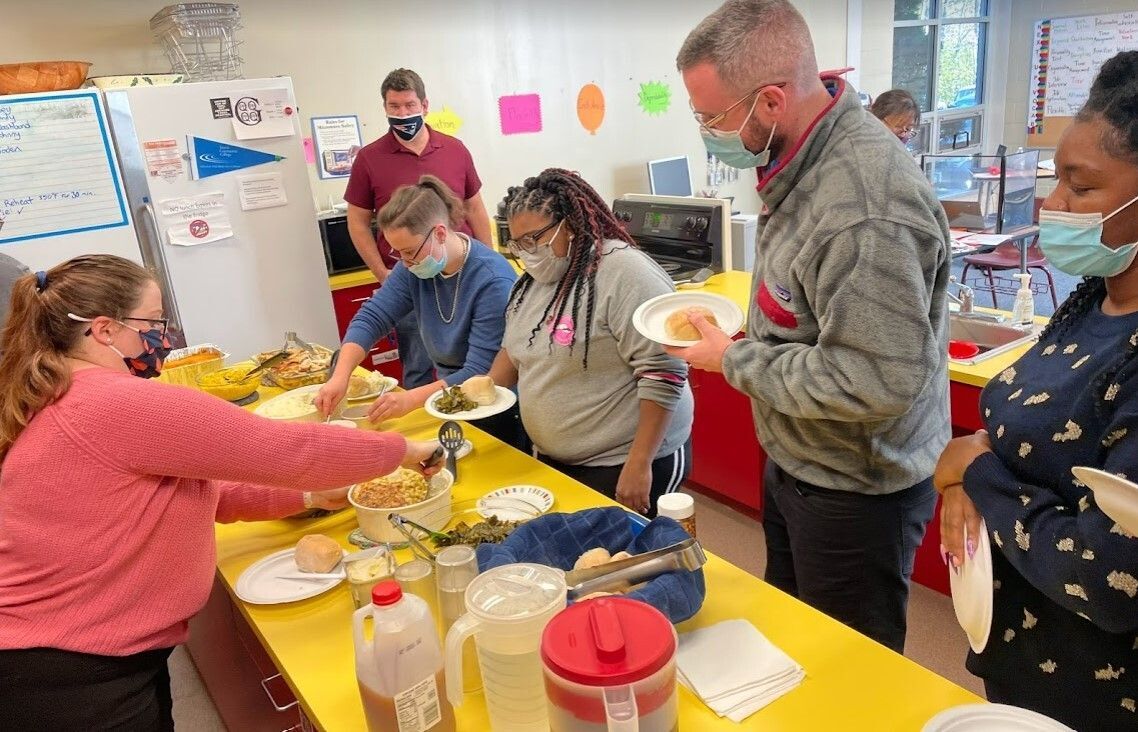Employment
- Students participate in extended off-site job experiences through community partners, where the focus is on building students’ work stamina, improving self-awareness and social skills, increasing independence in work tasks, and decreasing reliance on a job coach. TEA’s community partners change depending on availability and student interests/schedules, but current community partners include: Salons by JC, Dog Star Rescue, Burlington, CVS.
- Students practice skills of job interviewing, job searching, resume building, and completing job applications.
- Students receive a small stipend for their work experiences and learn to recognize the cause-effect relationship between meeting a job’s expectations and compensation. Students will learn to manage their stipend through a Webster Bank bank account opened in their name (with parent permission).
- Students learn to use a variety of transportation options to travel to and from job sites, including public transportation, ADA paratransit service, and walking.
Community
- Students participate in community trips where they are active members as it pertains to planning, executing, and debriefing the trips.
- Targeted community skills include money management, social/leisure, going out for a meal, purchasing and caring for clothing, and grocery shopping.
- Community trips are organized as themed units, typically on a monthly basis, where students are targeting a desired community location, skill or interest area.
Wellness
- Students maintain membership to a local fitness center, where they receive instruction and practice in maintaining a healthy lifestyle.
- Students learn about nutrition and practice balanced meal planning and preparation.
- Students learn about meditation and mindfulness techniques, as appropriate.
Higher Education
- Interested students have the opportunity to audit or take courses at Tunxis Community College to better understand the demands, rigor, and expectations of a college-level course. A TEA job coach accompanies students to the campus or classroom and is available to support students in managing course expectations outside the college classroom.
Daily Living Skills
- Students plan meals, create shopping lists, manage a shopping budget, and go shopping at local grocery stores.
- Students utilize the fully-stocked IEA kitchen to prepare a variety of meals and snacks or utilize off site locations to order and purchase a meal.
- Students do laundry weekly using the IEA laundry room or offsite laundromat.
- Students plan and participate in a variety of leisure/recreation activities (i.e., games, walks/hikes, bowling, meals with friends, other community outings).
Functional Academics
- Reading instruction and activities target reading skills needed for leisure, current events, local news, employment, and “real world” vocabulary.
- Writing instruction and activities focus on job applications and resumes, “real world” forms, letters to employers, and email and texting composition skills.
- Mathematics instruction and activities target money management skills (maintaining a bank account and ledger, use of a debit card), understanding coupons and sales, school store inventory skills, and “on the job” math skills.
- Additional academic skills embedded within the program include explicit instruction and practice of communication skills to use in the community or at work and social skills for positive interactions with friends, co-workers, and bosses.

